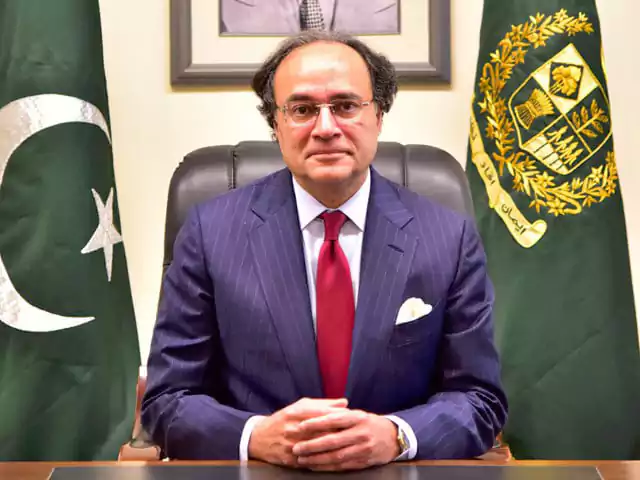Says purpose of IMF’s visit was not to review economy but to build confidence; Govt, IMF agree on need to transfer social, development duties to provinces
The federal government has dismissed the possibility of a mini-budget following the conclusion of the International Monetary Fund’s (IMF) visit to Pakistan, denying reports of additional tax measures.
The development comes after the IMF’s mission — led by Nathan Porter — concluded a staff visit to Pakistan from November 12 to 15.
“The discussions with the IMF were constructive and productive. Virtual negotiations with the IMF, however, are ongoing, as certain points required in-person discussions,” Finance Minister Senator Muhammad Aurangzeb told a news channel on Saturday.
He emphasised that open and fact-based dialogue was held with the IMF team. According to the finance minister, the global lender’s delegation listened carefully to Pakistan’s position and appeared satisfied with the discussions.
“The purpose of the IMF’s visit was not to review the economy but to build confidence,” said Aurangzeb.
Moreover, the finance minister termed the failed Pakistan International Airline’s privatisation move a “setback” for the government but stressed use of military courts to try civilians, including Imran Khan. Such courts can lack transparency and independent scrutiny, making it difficult to assess compliance with international standards.” “We have no recent indications from the Pakistani authorities that they intend to try Imran Khan in a military court, but my officials continue to monitor the situation closely,” he added. Bukhari had arranged a letter for the UK government from 20 MPs from all parties, a month ago. It had raised concerns about the changes in judiciary and the passage of 26th Amendment. The foreign secretary said: “While Pakistan’s judicial processes are a domestic matter, we have been very clear that the Pakistani authorities need to act in line with their international obligations and with respect for fundamental freedoms, including the right to a fair trial, due process and humane detention. This applies to Imran Khan as it does to all Pakistan’s citizens.” Lammy said: “Like you, I remain concerned by restrictions on freedom of expression and assembly, including in relation to the political opposition. In our engagements with the authorities, we continue to underline that the freedom to hold and express views without censorship, intimidation or unnecessary restriction is a cornerstone in a democracy.
“The FCDO [Foreign, Commonwealth and Development Office] minister responsible for Pakistan, Falconer, has raised the importance of upholding civil and political rights with Pakistan’s Human Rights Minister Azam Nazeer Tarar. Minister Falconer is due to visit Pakistan later this year, and I have asked him to arrange a meeting with you and other interested parliamentarians on his return.










